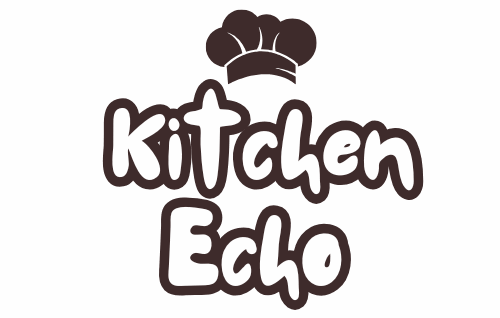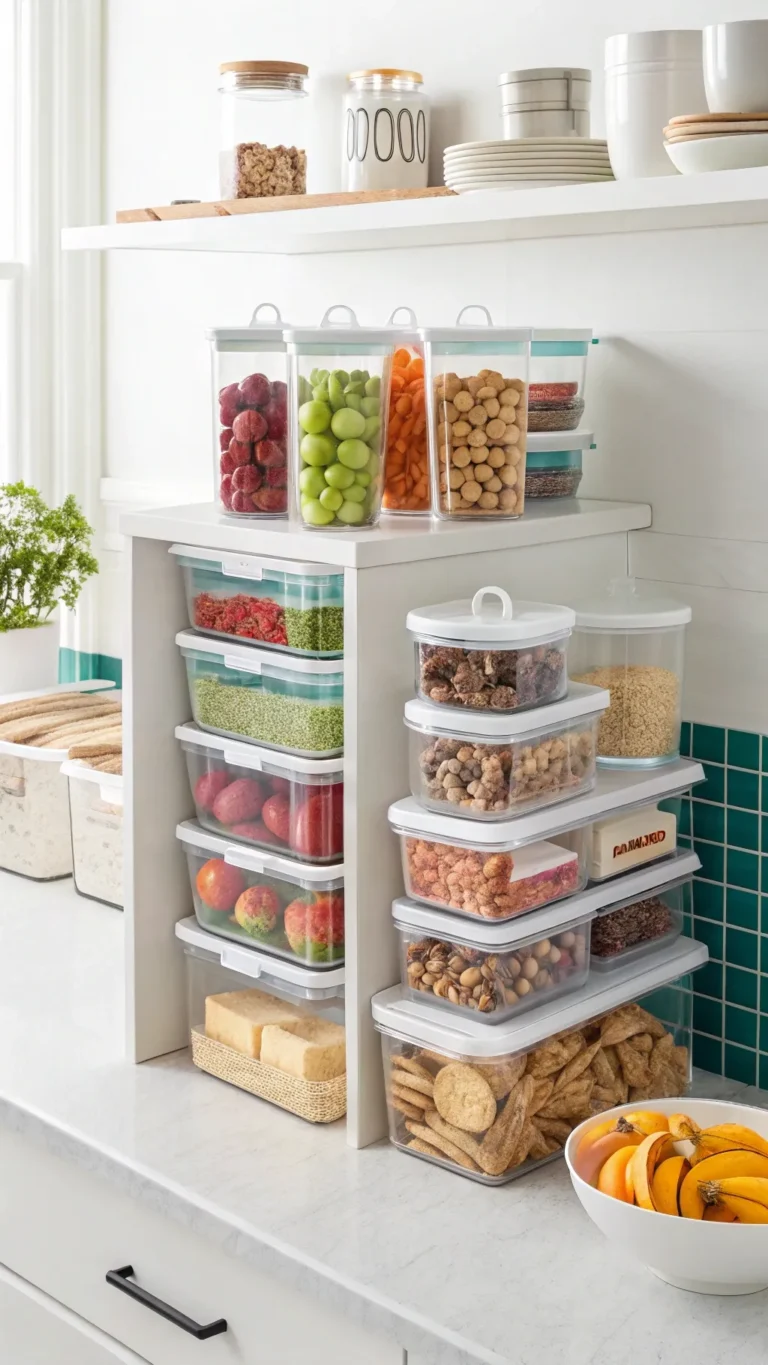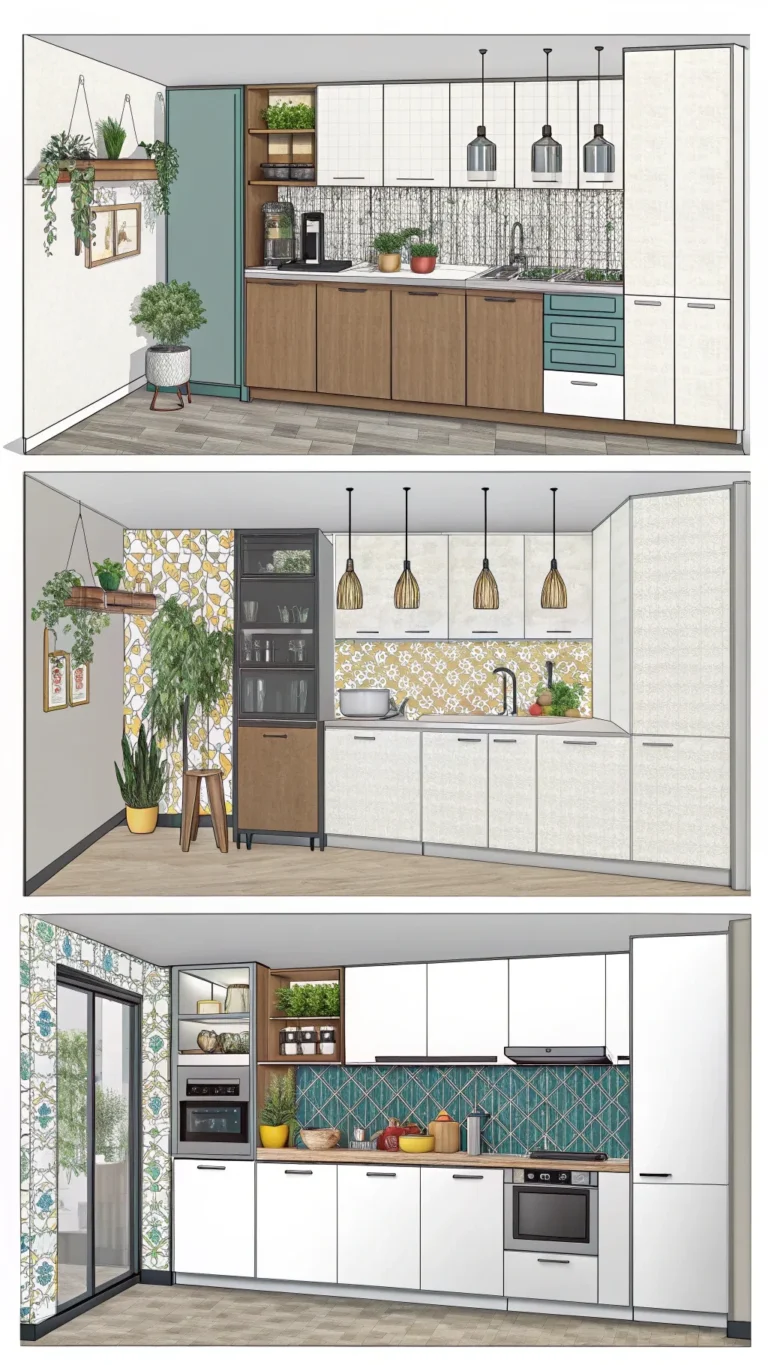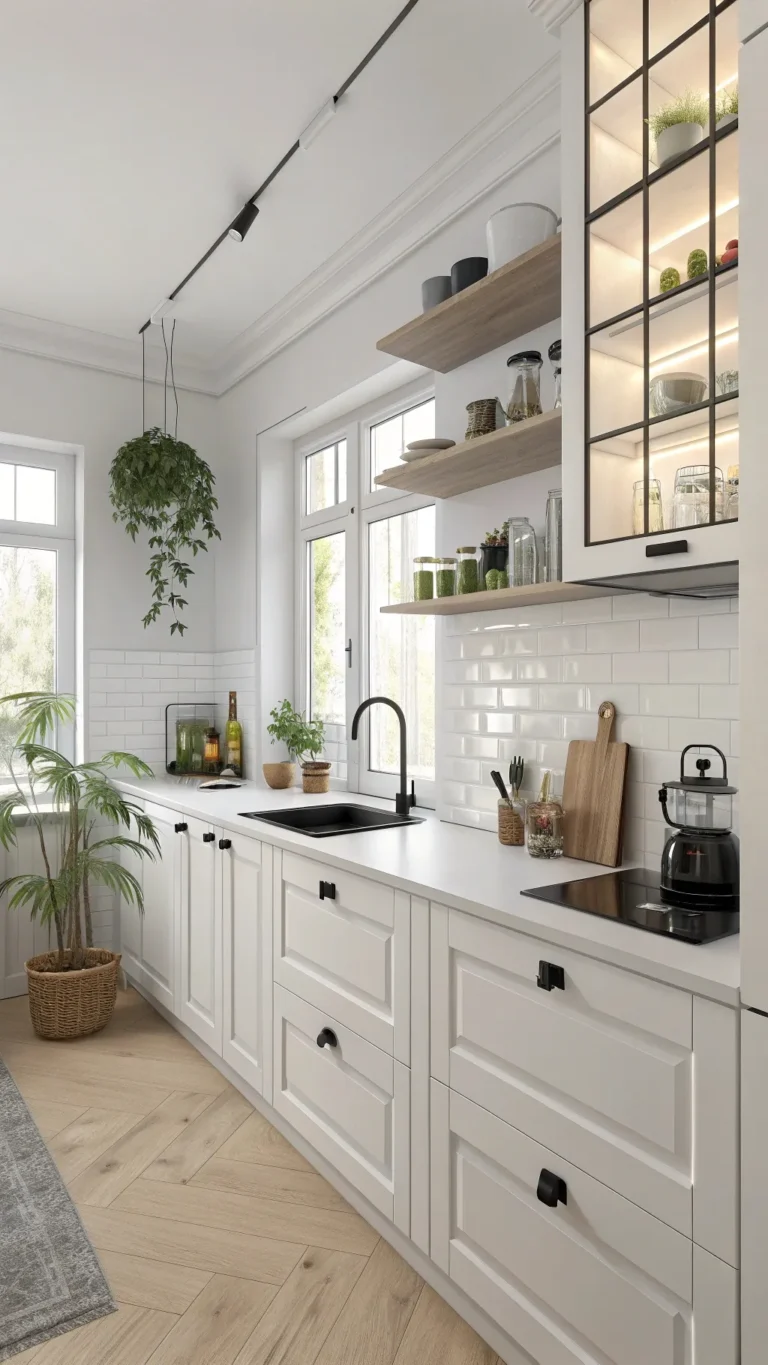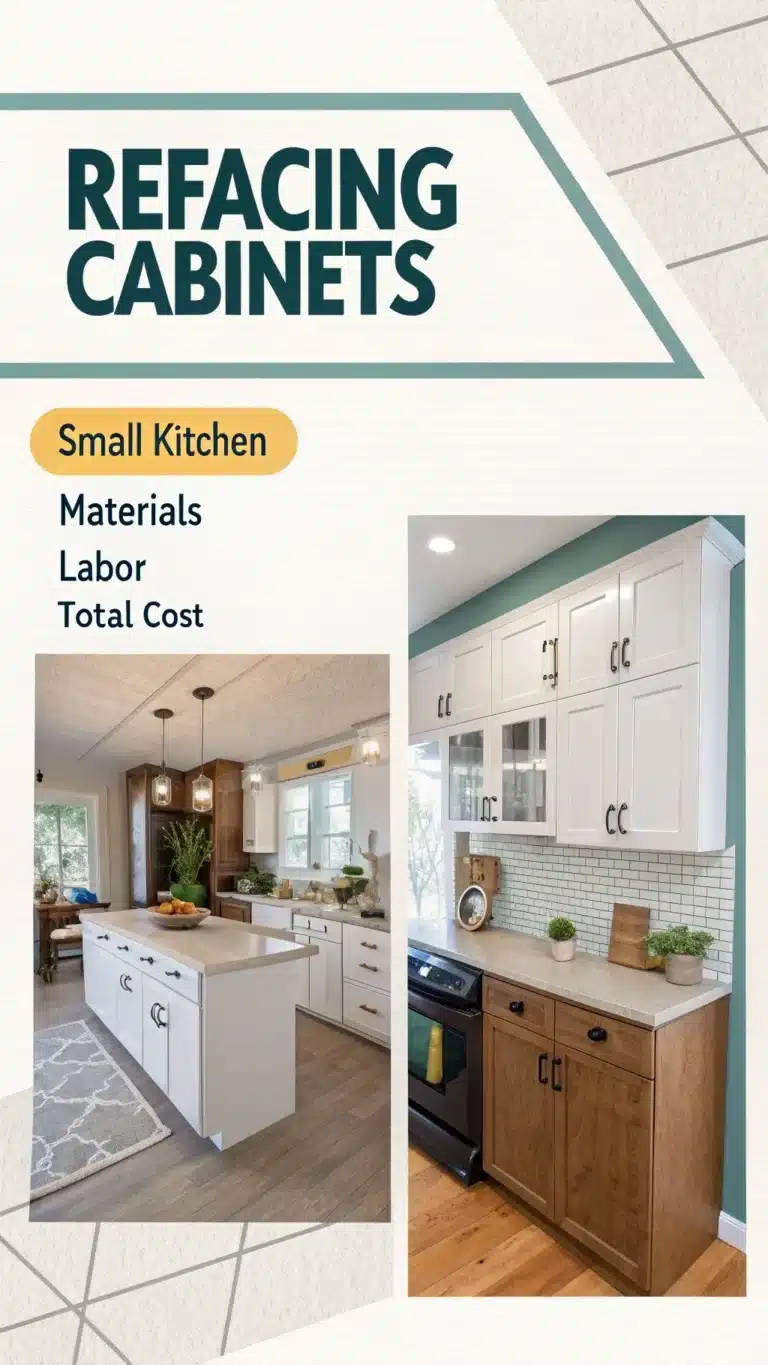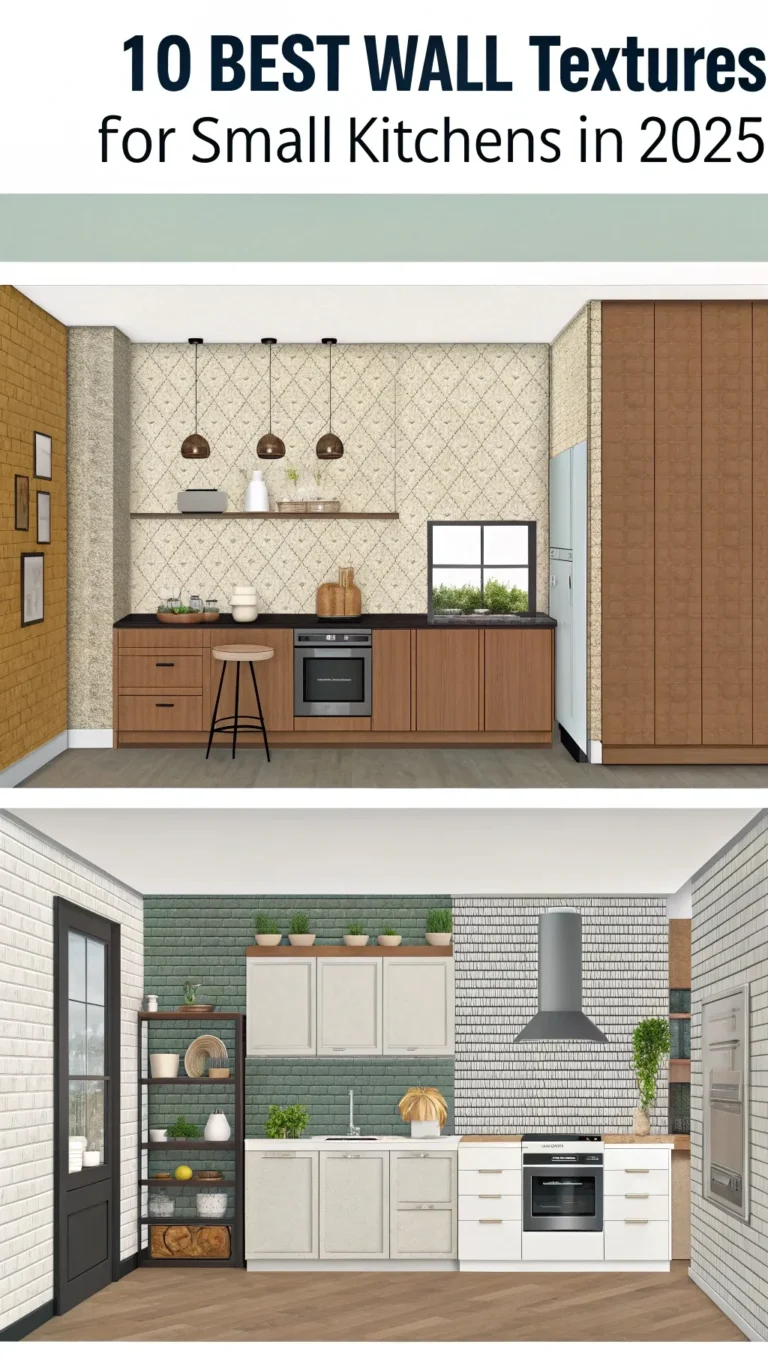Elevate Your Home Cooking Skills
Kitchen time can feel overwhelming. Maybe recipes seem too hard. Results might disappoint you sometimes. You might spend too much time cooking. What if cooking could be simpler? What if it could be faster? Imagine more delicious meals.
I have spent years in kitchens. I am a professional chef. I am also a home cook. I develop recipes. I teach cooking. I use many kitchen tools. I know kitchen challenges well. Elevating your cooking is possible. It does not need a huge space. It does not need expensive tools. Even thinking about the cost to install cabinets in small kitchen spaces shows this. You can still cook amazing food.
Improving your skills is key. Using smart tools helps a lot. Learning efficient ways saves time. I will share my best cooking hacks. We will explore essential techniques. I will show you must-have tools for today. We will look at strategies for quick meals. Get ready to cook better. Let us start this journey together.
Mastering the Fundamentals
Let us start with the basics. Great cooking relies on core skills. These skills make every dish better. They are like a strong foundation.
Knife Skills 101: Precision and Speed
A sharp knife changes everything. It is safer than a dull one. It makes prep work faster. Holding the knife right is important. Pinch the blade with your thumb and index finger. Wrap other fingers around the handle. This gives you control.
Learn basic cuts. Chopping is rough cuts. Dicing means small, even squares. Mincing makes tiny pieces. Practice makes perfect here. Good knife skills are essential cooking techniques. They save you time. They improve how food cooks.
The Magic of Heat: Sautéing, Roasting, and Beyond
Heat transforms food. Different methods do different things. Sautéing uses medium-high heat. You cook food fast in a pan. This method builds flavor quickly. Roasting uses dry heat in the oven. It gives food a nice brown crust. Low and slow heat makes tough cuts tender. High heat is great for searing meat. It locks in juices. Knowing how heat works is a key culinary tip.
Moisture Mastery: Blanching & Steaming
Cooking vegetables just right matters. Blanching means a quick dip in boiling water. Then move them to ice water. This keeps colors bright. It stops cooking fast. Steaming cooks food with hot vapor. It keeps nutrients well. These are healthy cooking methods. They make vegetables taste fresh.
Building Flavor Bases
Great dishes start with flavor. Aromatics are key. Think onions, garlic, celery, carrots. Sautéing these first builds a base. Mirepoix is the French term. Soffritto is Italian. These simple mixes add deep flavor building. They are the start of many soups. They launch sauces and stews. Learning this adds so much to your cooking.
The Modern Kitchen Arsenal
The right tools make cooking easier. They save time and effort. Smart gadgets help a lot today. They bring new possibilities.
The Instant Pot/Pressure Cooker Revolution
This tool is a game changer. It cooks food much faster. It uses pressure. Tough meats become tender quickly. You can make quick meals. Soups and stews finish in minutes. It is a smart kitchen gadget. It can sauté, steam, and slow cook too. I use mine all the time. It really is a time-saving cooking essential.
Beyond the Blender: High-Powered Blending
Blenders are not just for smoothies. A powerful one does more. It makes smooth sauces. Creamy soups are easy. Dips and dressings blend perfectly. It helps with kitchen tools review lists. Look for strong motors. Good blades matter a lot.
Smart Ovens & Air Fryers: Precision and Convenience
New ovens offer smart features. They cook food more evenly. Air fryers give crisp results. They use hot air. You get that fried texture. They use less oil. These tools add precision. They offer great convenience too.
Sustainable Kitchen Essentials for 2025
Think about waste in the kitchen. Reusable storage containers help. Beeswax wraps cut down on plastic. Composting aids are useful. Smart portioning tools prevent leftovers. These small changes matter. They support sustainable cooking practices. They help the planet.
Efficiency Hacks
Busy lives need smart cooking. Planning ahead saves stress. Simple strategies make a difference. They help you eat better daily.
Planning for Success: Crafting Your Weekly Meal Prep Ideas
Think about your week. What meals do you need? Write it down. Simple meal prep ideas start here. Choose recipes that work together. Maybe use similar ingredients. This cuts down shopping trips. It saves money too. Planning is a top cooking hack.
Smart Shopping Strategies
Grocery stores can be tricky. Go with a list. Stick to your plan. Look for sales on staples. Buy seasonal produce. It tastes better. It often costs less. Smart shopping fits budget cooking goals. It saves time wandering aisles.
Pantry & Fridge Organization Hacks
Know what you have. Organize your pantry. Group similar items. Use clear containers. Label them well. This prevents buying duplicates. It stops food waste. Organize your fridge too. Keep produce visible. Use bins for categories. Good kitchen organization tips help. They boost kitchen efficiency.
Batch Cooking & Storage Best Practices
Cook big batches. Make a large soup. Prepare grains for the week. Cook chicken breasts ahead. Cool food fast after cooking. Store it in airtight containers. Use safe food storage rules. Food safety is critical here. Label and date everything. This makes quick meals easy later.
Flavor & Dietary Adventures
Making food taste amazing is fun. It is about layering flavors. You can adapt recipes easily. Cooking for different needs is possible.
Beyond Salt & Pepper: Mastering Herbs, Spices, and Aromatics
Salt and pepper are just the start. Herbs add freshness. Spices bring warmth and depth. Learn how to use them. Toast whole spices first. Add fresh herbs at the end. This builds complex flavor building. Experiment often.
The Power of Acidity & Fat
These balance flavors. A squeeze of lemon brightens soup. A splash of vinegar cuts richness. Good quality fats add richness. Olive oil, butter, avocado. Use them wisely. They make food taste complete. This is a simple culinary tip.
Adapting Your Skills for Plant-Based Eating
Many people eat less meat. Your cooking skills apply. Sauté vegetables for flavor. Use spices generously. Learn about plant-based proteins. Lentils, beans, tofu, tempeh. They need different cooking times. You can create delicious plant-based recipes. It is about technique.
Healthy Cooking Methods Revisited
Think about how you cook. Poaching uses gentle heat in liquid. It is great for fish or chicken. Stir-frying is fast cooking. It uses high heat and little oil. These are healthy cooking methods. They keep food light and nutritious.
Let me share a story. My friend Anya wanted to eat better. She struggled with plant-based meals. They tasted bland sometimes. She often ordered takeout. She felt stuck.
Anya decided to try some new things. She focused on flavor building first. She learned to sauté onions and garlic properly. She experimented with spices. She toasted whole cumin seeds. Then she added them to a lentil dish. This made a huge difference. She also started using her Instant Pot more. She made quick lentil soups. She cooked curries fast. This helped manage cooking time. Even with her small kitchen, she felt better. The cost to install cabinets in small kitchen was not the issue. It was about skills and tools.
Anya also started planning meals. She wrote down simple recipe ideas for the week. She prepped vegetables ahead. Her improved knife skills helped this. She used her Instant Pot for quick cooking. This made her plant-based meals vibrant. They tasted amazing. Her cooking time went down. She felt confident cooking. She enjoyed being in her kitchen more.
Fresh herbs add bright notes. Dried herbs are stronger. Use dried herbs earlier in cooking. Add fresh herbs right before serving. Different plant-based proteins cook differently. Lentils cook fast. Tofu needs pressing and searing. Learn these small tricks.
FAQs
People often ask me questions. They want simple cooking answers. Here are some common ones.
How do I make my home-cooked food taste more like restaurant quality?
It is about flavor layers. Restaurants build taste carefully. They use herbs and spices well. Searing food adds deep taste. Balancing fat and acid helps a lot. Practice these few culinary tips. Good ingredients matter too.
What are the absolute essential kitchen tools for a beginner cook?
Start simple first. A good sharp knife is number one. A sturdy cutting board is key. Get a few good pans. A basic set of mixing bowls helps. A reliable spatula is useful. These are essential kitchen tools. Look for quality reviews online.
Is meal prepping really worth the effort?
Yes, it saves so much time. Planning meals cuts down stress daily. You eat healthier all week. Less impulse takeout buying happens. It is a great cooking hack. Meal prep ideas make busy days easy. It saves money too.
How can I safely store leftovers and prepped food?
Cool food quickly first. Use airtight containers always. Label and date everything clearly. Follow food safety rules strictly. Know how long food lasts. Good kitchen organization tips help this. Proper storage cuts down waste.
What is an easy way to incorporate more plant-based meals into my week?
Start with simple recipes. Lentil soup is easy to make. Stir-fries are quick meals. Use spices generously for flavor. Learn about cooking tofu well. Many recipe ideas exist online. This makes plant-based recipes simple. Find ones you like.
Cooking at home should feel good. It should not feel like a chore. We talked about many helpful things. We covered basic cooking skills. Mastering these helps every dish. I shared about smart kitchen tools. These gadgets save time. They make cooking easier. We looked at meal planning ideas. Good planning boosts kitchen efficiency. Smart cooking hacks really work. We also talked about building great flavor. This makes food taste amazing.
You can cook delicious meals. You can cook them without stress. This is true for any kitchen. It does not matter your kitchen size. It does not matter the cost to install cabinets in small kitchen. Focus on the skills you learned. Try one new technique this week. Maybe plan just one meal ahead. Use a smart tool you own. Find a new recipe idea to try.
Cooking is a fun journey. Keep practicing your skills. Find joy in making food. You can become a great home cook. I know you can do it.
